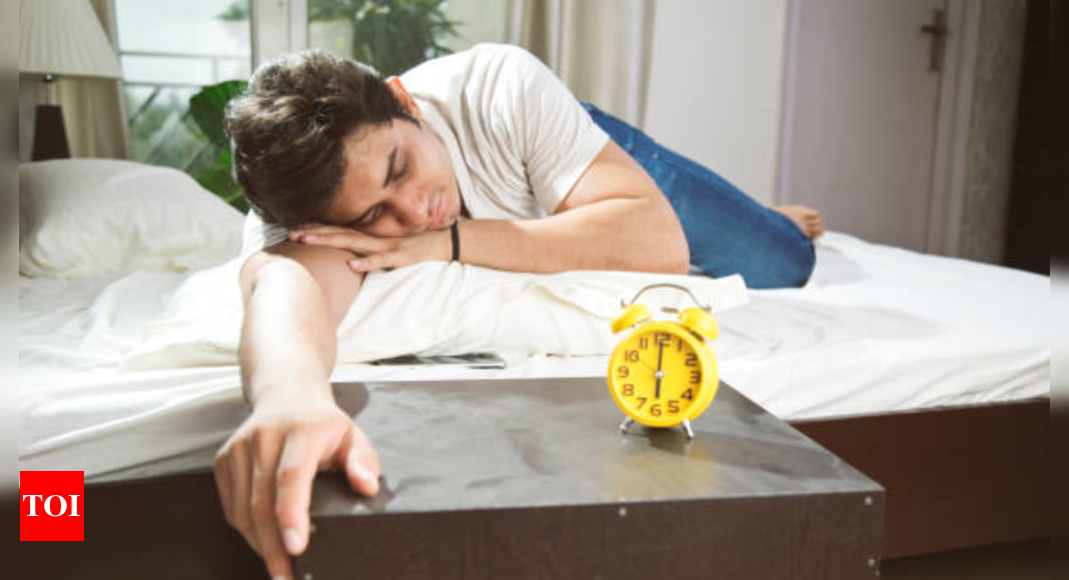Meet Daisuke Hori from Japan who has garnered global attention due to his sleeping habits. He sleeps for only half an hour as against the recommended 7-8 hours of sleep.
“He started cutting back on sleep 12 years ago to gain more active hours each day and managed to reduce his sleep to only 30 to 45 minutes a day,” South China Morning Post reported.
How does he maintain his energy levels?
Hori has an interesting explanation for his lifestyle. He says high quality sleep matters more than the sleeping hours. Citing the example of those who work as doctors and firefighters, Hori told the media that these individuals have short periods of rest but maintain high efficiency.
He relies on sports and drinks coffee an hour before eating to stay alert and beat drowsiness. He has cut down sleep from his daily routine for nearly 12 years.
Is it healthy?
A study published in the Journal of the American Geriatrics Society found that under-sleepers and over-sleepers were mentally two years older than those who slept for seven to eight hours a night.
Sleeping less than the recommended amount can have a significant effect on human health. While individual sleep needs vary, most adults require 7 to 9 hours of sleep per night for optimal functioning. Regularly getting less than this amount can lead to a host of physical and mental health issues.
Physically, sleep deprivation impairs the immune system, making one more susceptible to infections and illnesses. It can also contribute to weight gain, as lack of sleep disrupts hormones that regulate hunger and appetite. Insufficient sleep is linked to an increased risk of chronic conditions such as heart disease, hypertension, and diabetes.
Mentally, inadequate sleep impacts cognitive functions such as memory, attention, and decision-making. Sleep is crucial for processing and storing information, so when you don’t get enough rest, your ability to concentrate and recall information diminishes. Sleep deprivation can contribute to mood disturbances, including increased irritability and a higher risk of anxiety and depression. The brain’s ability to manage emotions and stress is compromised, making it harder to cope with daily challenges.
6 Effective tips that give a boost to stamina
But these are general recommendations and not strict rules, says a Harvard report. “Some people need less than seven hours, while others might need more,” says Eric Zhou with the Division of Sleep Medicine at Harvard Medical School in the report.
Source Homevior.in




